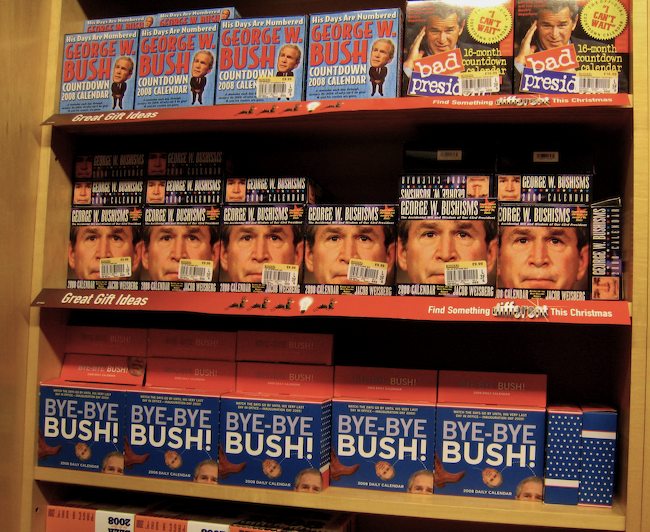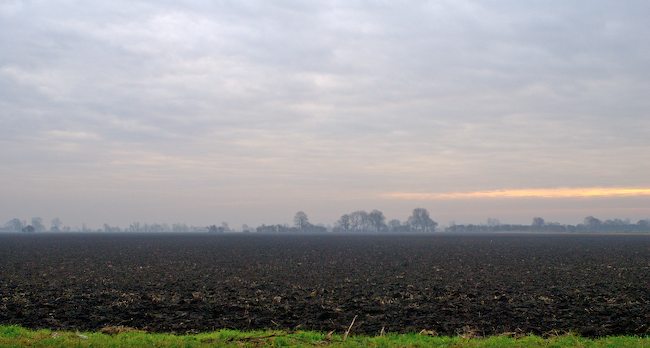Interesting interview with Craig Newmark, of ‘Craigslist’ fame. Includes the following exchange:
Q. There have been ongoing concerns and criticisms from the newspaper industry that free online ad sites like Craigslist are eating them alive and drastically reducing their revenues. What’s your reaction?
A. No one in the newspaper industry seriously says that. I’ve spoken to a lot of publishers, editors and industry analysts. They say that our site does have a small but measurable effect on classified revenues. But they say the bigger problems are those niche-classified sites which go after the more profitable classified categories, specifically cars and jobs. There’s Autotrader.com and Monster.com. Newspapers have much bigger problems. Newspapers are going after 10% to 30% profit margins for their businesses and that hurts them more than anything. A lot of things are happening on the Internet that never happened before because the Internet is a vehicle for everyone. The mass media is no longer only for the powerful, and that’s a huge change for the entire newspaper and news industry.
He’s right about that. The old newspaper value chain linked (i) an expensive and unprofitable activity (journalism) which was necessary to attract readers with (ii) profitable classified and display advertising. The Web dissolved the value chain by siphoning off the classified advertising — for the simple reason that it did it better. Why would you prefer to wade through hundreds of classified ads in the ‘Cars for sale’ columns when you could search directly for what you wanted on an online advertising site? The other problem is that newspaper owners had unrealistic expectations of profit: in the old days they were accustomed to margins of anywhere between ten and 30 per cent, simply because there was no alternative medium to what they owned. Like most established businesses (e.g. the record industry) they thought that their cosy business model had a God-given right to exist — which is they still whinge about the Net.




